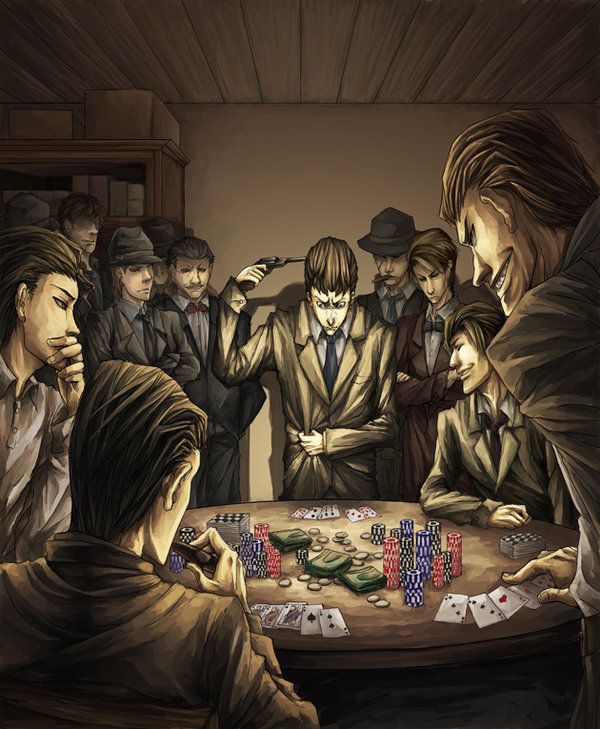Nassim Taleb on the Notion of Alternative Histories clipping
September 9th, 2019
We see what’s visible and available. Often this is nothing more than randomness and yet we wrap a narrative around it. The trader who is rich must know what he is doing. A good outcome means we made the right decisions, right? Not so quick. If we were wise we would not judge the quality of a decision on its outcome. There are alternative histories worth considering.
***
Writing in Fooled by Randomness: The Hidden Role of Chance in Life and in the Markets Nassim Taleb hits on the notion of alternative histories.
Taleb argues that we should judge people by the costs of the alternative, that is if history played out in another way. These "substitute courses of events are called alternative histories."

Taleb writes:
Clearly, the quality of a decision cannot be solely judged based on its outcome, but such a point seems to be voiced only by people who fail (those who succeed attribute their success to the quality of their decision).[…]One can illustrate the strange concept of alternative histories as follows. Imagine an eccentric (and bored) tycoon offering you $ 10 million to play Russian roulette, i.e., to put a revolver containing one bullet in the six available chambers to your head and pull the trigger. Each realization would count as one history, for a total of six possible histories of equal probabilities. Five out of these six histories would lead to enrichment; one would lead to a statistic, that is, an obituary with an embarrassing (but certainly original) cause of death. The problem is that only one of the histories is observed in reality; and the winner of $ 10 million would elicit the admiration and praise of some fatuous journalist (the very same ones who unconditionally admire the Forbes 500 billionaires). Like almost every executive I have encountered during an eighteen-year career on Wall Street (the role of such executives in my view being no more than a judge of results delivered in a random manner), the public observes the external signs of wealth without even having a glimpse at the source (we call such source the generator.) Consider the possibility that the Russian roulette winner would be used as a role model by his family, friends, and neighbors.While the remaining five histories are not observable, the wise and thoughtful person could easily make a guess as to their attributes. It requires some thoughtfulness and personal courage. In addition, in time, if the roulette-betting fool keeps playing the game, the bad histories will tend to catch up with him. Thus, if a twenty-five-year-old played Russian roulette, say, once a year, there would be a very slim possibility of his surviving until his fiftieth birthday— but, if there are enough players, say thousands of twenty-five-year-old players, we can expect to see a handful of (extremely rich) survivors (and a very large cemetery).[…]The reader can see my unusual notion of alternative accounting: $ 10 million earned through Russian roulette does not have the same value as $ 10 million earned through the diligent and artful practice of dentistry. They are the same, can buy the same goods, except that one’s dependence on randomness is greater than the other.
Reality is different than roulette. Consider that in the example above, while the result is unknown you know the odds, most of life is dealing with uncertainty. Bullets are infrequent, "like a revolver that would have hundreds, even thousands, of chambers instead of six." After a while you forget about the bullet. You can’t see the chamber and we generally think of risk in terms of what is visible.
Interestingly this is the core of the black swan, which is really the induction problem. No amount of evidence can allow the inference that something is true whereas one counterexample can refute a conclusion. This idea is also related to the "denigration of history," where we think things that happen to others would not happen to us.
Measure
Measure
Keep in touch!